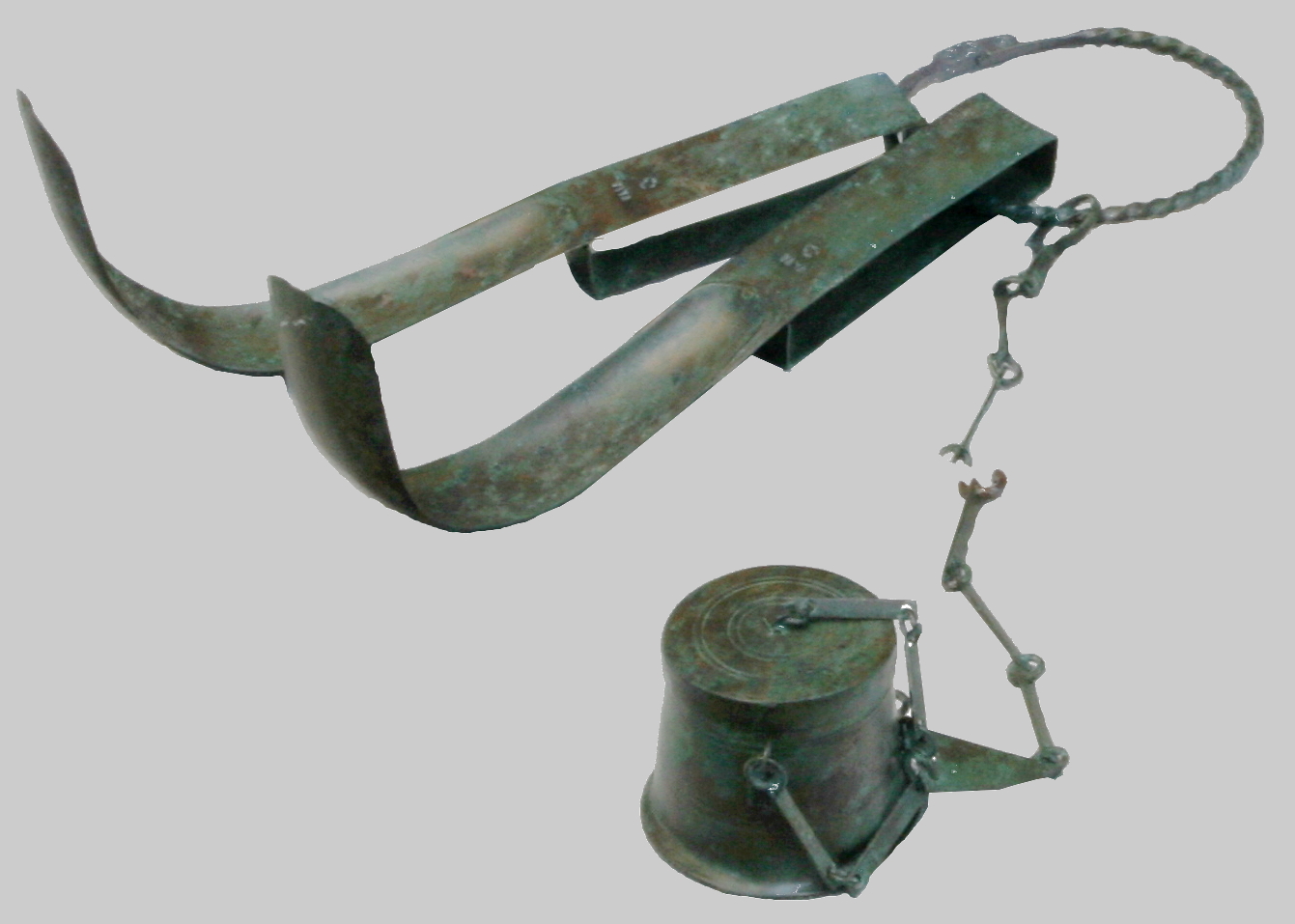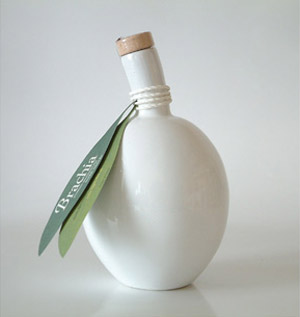Olive oil has been the lifeblood of Mediterranean for millenia, and its' trade has been one of the most important economic activities in the region since forever. That's not because people of this region had a particular thing for salads - olive oil was one of the most versatile and useful substances known to ancient man (that's why it was dubbed liquid gold), and it remains as useful for an average larper - especially of the fantasy, camping kind. It might seem expensive, but using it properly you will actually save money, packing space, you'll be more authentic and possibly engage other players and enjoy yourself more.
The obvious uses for olive oil are for cooking and putting it on your food - these are the ones you probably heard about. It's healthy. It's good for you. And it's highly caloric and also sates you for quite a while. If you have good bread, you can also dunk it into olive oil and eat it with some salt. Authentic, quick, simple, tasty, filling and space-saving meal.
But these were a no-brainer - uses beyond cooking are what makes it interesting and versatile. One of the first ones that comes to mind is: you can use it as a sunscreen. Though to be honest, it's not a very good sunscreen (its' SPF can be up to 8, but can be far less, depending on the oil), so it might or might not suit your needs well. But in case you do get a sunburn, it will help as an after-burn skin treatment (it also helps with small cuts, scrapes and insect bites). You don't need much - for most uses, a little oil will go a long way.
You can also use it to keep yourself clean. Romans and Greeks did not use soap - they used olive oil. They applied it to their bodies, and scraped it off - together with dirt, sweat and dead skin cells - using a tool they called strigil. This is very pleasant - it feels similar to the gentle massage in some ways - and despite how unusual it sounds it leaves you feeling extremely clean. Any non-sharp metal edge works well if used for such a purpose. A little olive oil goes a long way so this is cheaper, more environmentally-friendly and more authentic than using baby wipes. Plus, you can combine this use with that of a sunscreen - put it on, go out in the sun, get back and scrape it off.
It will clean your hands of practically anything, and it will clean your face of makeup (whether the costume makeup and bodypaint, or regular makeup). You can also use it as a shaving cream - it works very good for that purpose (better than soap), and those purposes double as skin (or lip) care. It's also useful as a haircare - you can also use it without any water, massage it into the scalp and use comb (if you need). It gives you a greasy feel that takes a bit of getting used to but it's actually clean.
Beyond cosmetic use, if it works well on your skin it will work great on... leather! Boots, belts, leather armors, waterskins etc. are easily cleaned, kept supple and waterproof using some olive oil. Caring for your leather stuff will greatly enhance their lifespan, appearance and function and it's far far cheaper than buying new stuff. You can also use it (in a pinch) to waterproof canvas, though there are better products for it (it will stain the cloth, so be careful).
It also does wonders on metal. If you have metal armor, take it of and wipe it with oiled cloth every day that you use it to keep the rust away. Trust me on this one - rust removal is the least fun aspect of armor ownership. It's also good if you have any cast iron stuff (pots, utensils, buckles, cloak pins etc.), as that stuff tends to rust like crazy. If you have squeaky metal hinges or stuck zippers anywhere, this will also grease them nicely.
 |
| Wick in the small hole, oil in the big hole, let soak for a bit |
And, of course, you can burn it. Oil lamps are extremely simple and easy to make, and they are atmospheric and historically accurate. You can get some clay or claylike modelling substance and make your own cheaply. They look great and price-wise they beat pretty much every other form of authentic lighting. You can use other, cheaper vegetable oils in them, but olive oil burns cleaner than most (very little soot and practically scentless). As always, be very careful wherever open flame and spillable fuel are involved. This way you'll save much more money than you would if you used candles (but if you still use candles, you can oil the candle holder to make spilled wax peel off easily).
Apart from the open flame, there are a few other items that should never get in contact with oil. Latex weapons are one of them. Oil will degrade latex - don't use it on latex weapons or other latex products because that way they'll break easily. This also includes the latex prosthetics (elf ears, half masks etc).
The oil you plan to burn or polish your armor with doesn't need to be of the highest quality and pretty much any will do (it's a perfect use for oil that has gone old or rancid) - but the one you consume or put on yourself should be. If you know someone who produces his or her olive oil (there are some people in Croatian larping community too), you can usually get very good quality for the price asked, as well as the oil that is fresh (fresh is good), and you'll typically be able to learn how it's produced. If you're buying your olive oil in store and don't know which to buy, go with the extra virgin one, and don't buy one of the cheapest oils (avoid all pomace/pulp/refined oils!). Over time, try several oils to see which ones you like. (Psst... Some of the top olive oils are from Croatia. Support our economy ;))
So next time you're packing for a larp, consider a simple and versatile flask of olive oil.



Comments
Post a Comment